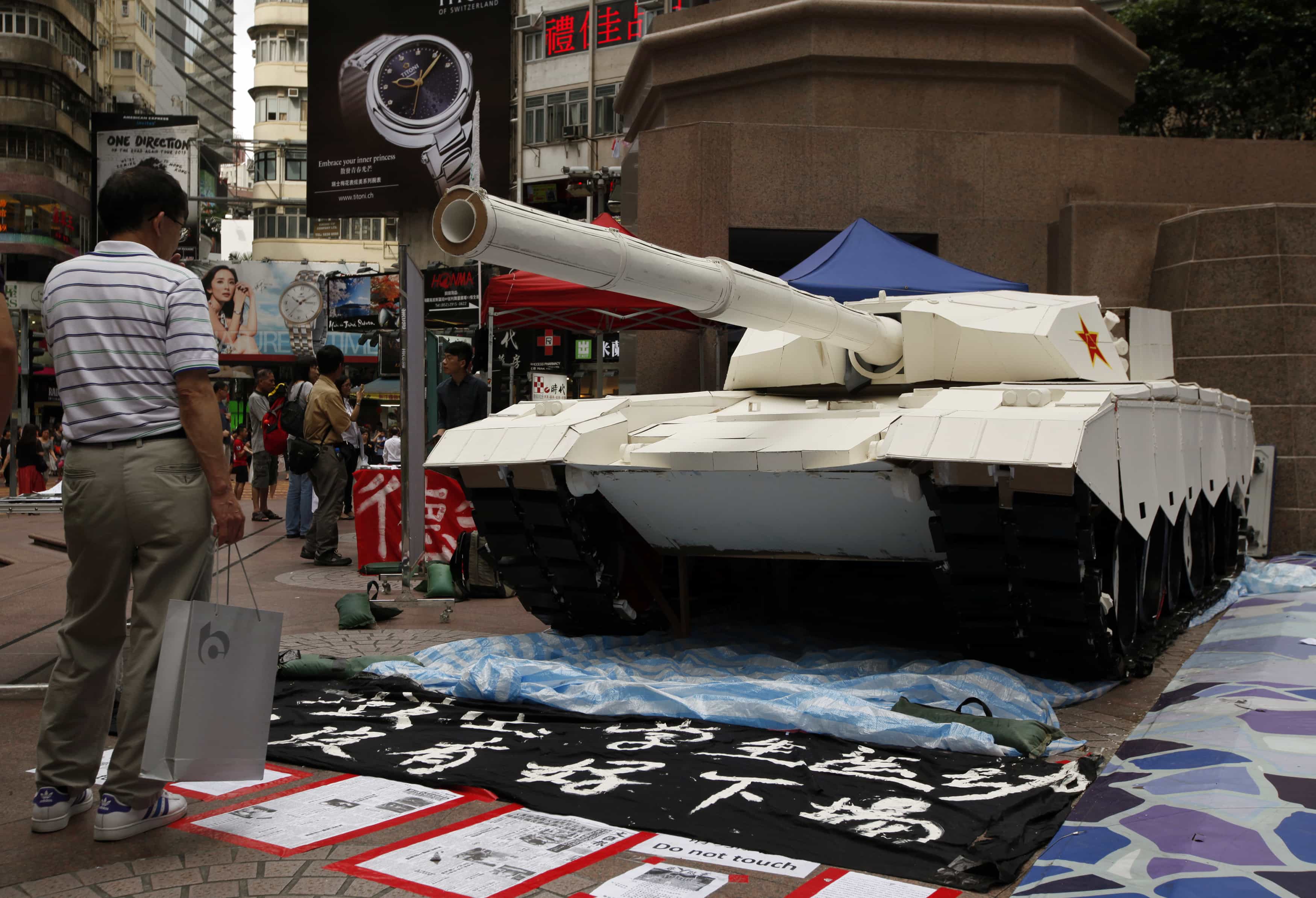
How the Chinese are defying the Tiananmen censors
People in China find novel ways to bypass the censors during the 25th anniversary of the Tiananmen Square Massacre.
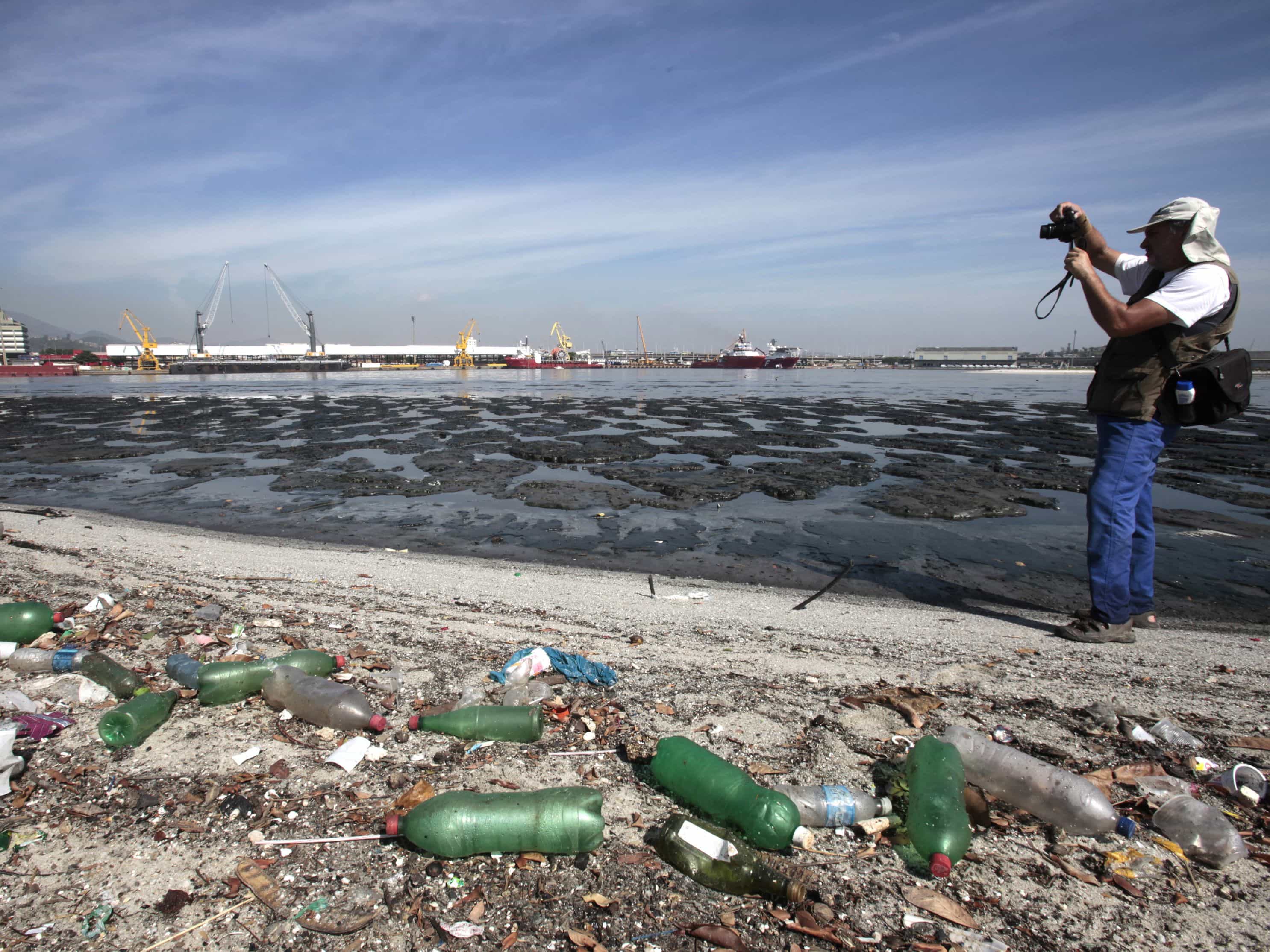
Sounding the alarm on environmental issues comes at a steep price
IFEX marks Earth Day by honouring those who speak out in defense of the environment, putting their jobs, safety, freedom and sometimes even their lives at risk.
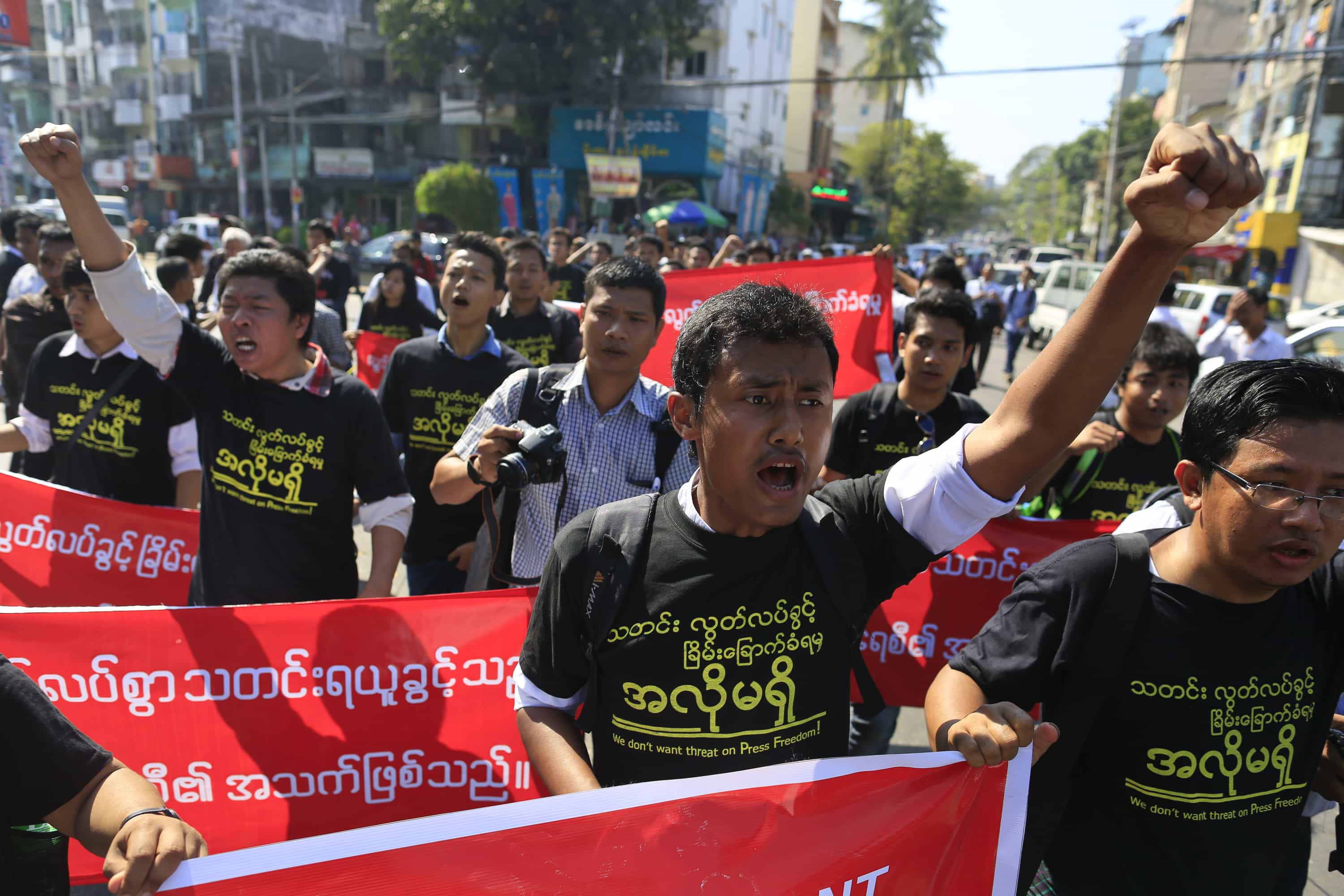
What does the state of media freedom tell us about Burma’s “transition to democracy”?
Three years after Burma embarked on a path toward democracy and away from its history of military rule, assessments of its success vary, especially around media freedom and free expression.

Music Freedom Day: Five examples of how music was censored in 2013
On Music Freedom Day, IFEX recognises the free expression rights of musicians and looks back at five cases from the last year when people have tried to stop the music.

Escalating concerns about privacy lead to calls for increased UN action
A call for a UN mandate on privacy emerged from an expert seminar held in Geneva this week on “The Right to Privacy in the Digital Age”.
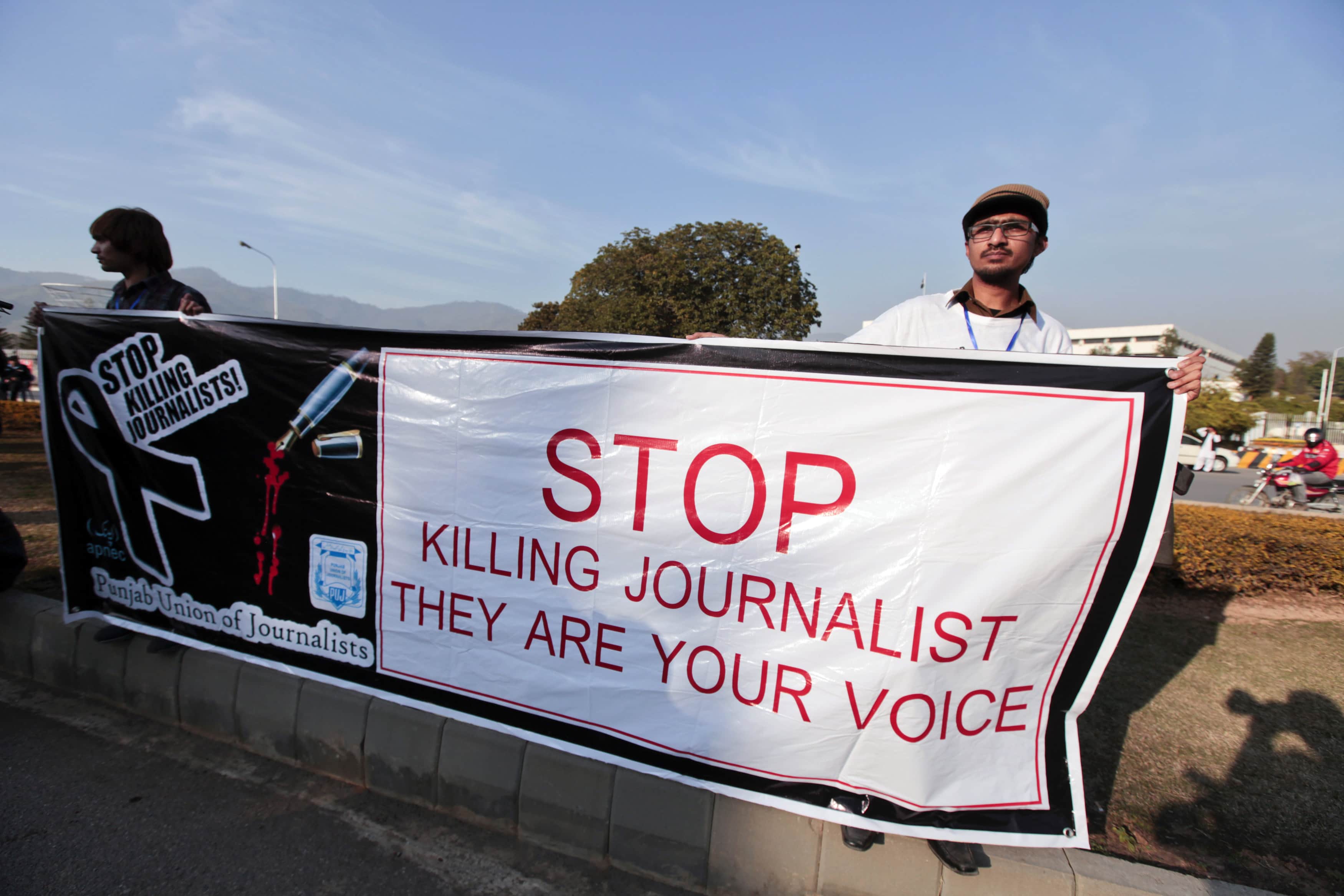
Targeted killings, warnings from Taliban lead to mounting concerns for Pakistan’s media
The Taliban has claimed responsibility for an attack on Express Media that claimed the lives of three media workers; the group has issued a fatwa (decree) warning of further attacks against media outlets that they say are providing “misinformation” against them.
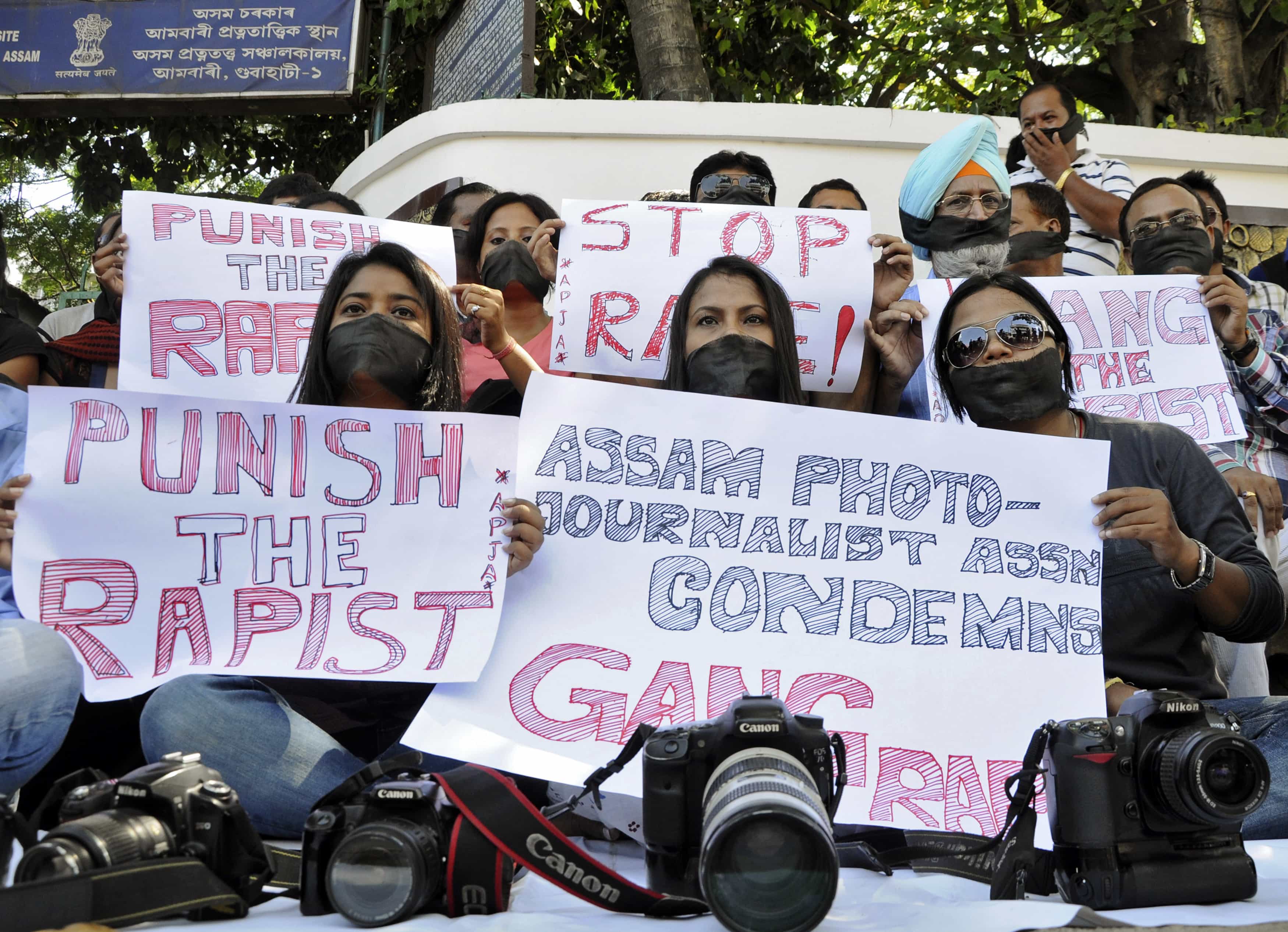
Global campaign aims to end violence against women journalists
Women journalists are targeted for being women, for being journalists and sometimes, for being women journalists, notes the IFJ, while calling for an end to impunity for these crimes.
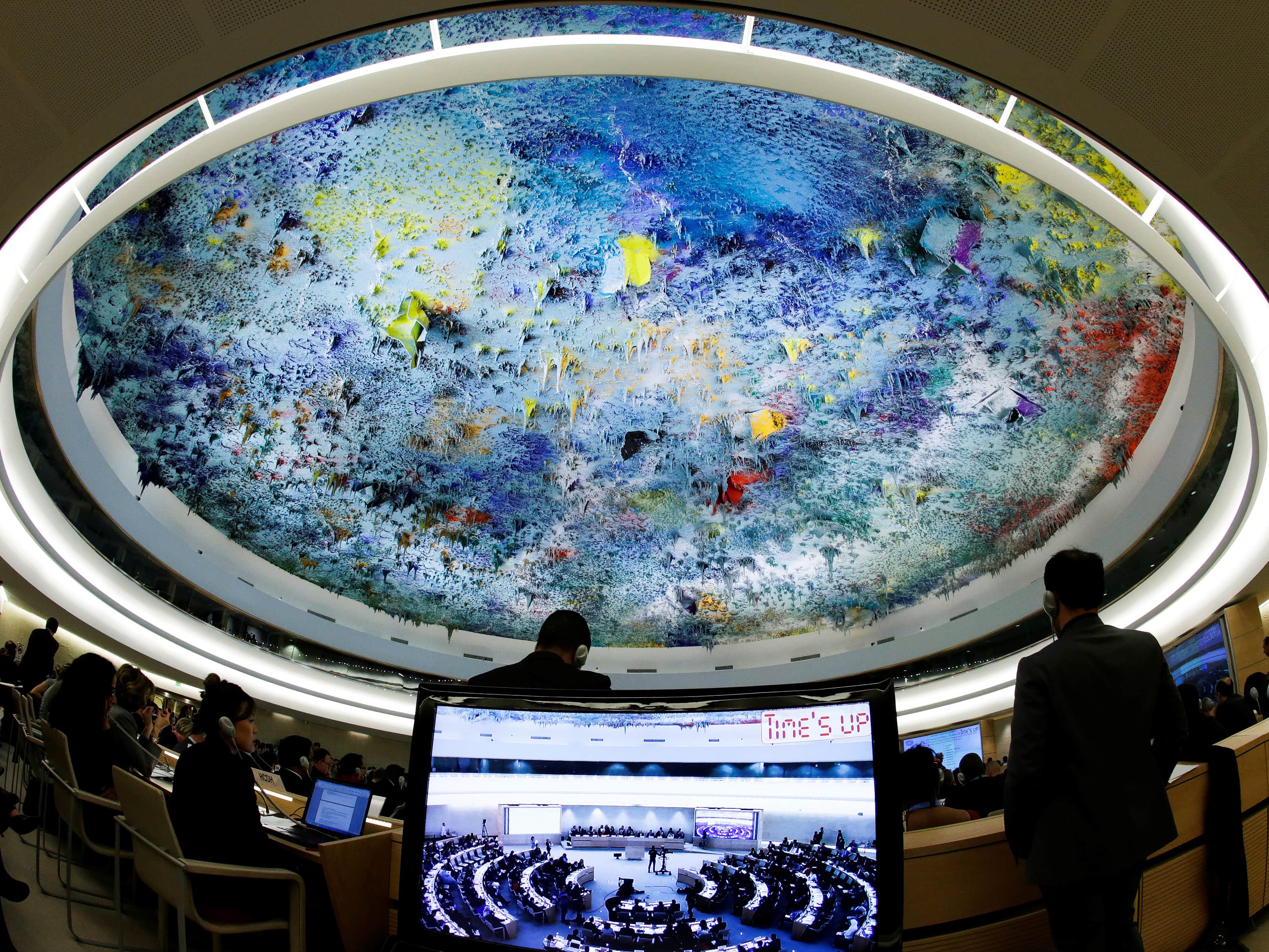
Concern over rights record of UN Human Rights Council candidates
States that fail to protect human rights defenders or cooperate with the UN should not be elected to the UN’s top human rights body, IFEX members stress.
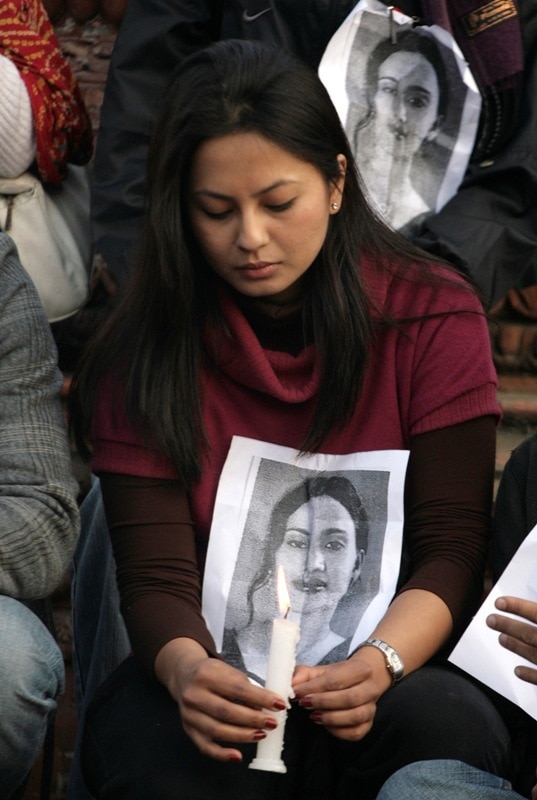
Arrest of suspected mastermind in Nepalese journalist’s brutal murder
The arrest of Umesh Yadav in the 2009 slaying of an outspoken Nepalese journalist and women’s rights activist who was critical of the region’s Maoists may mean justice will finally be served.
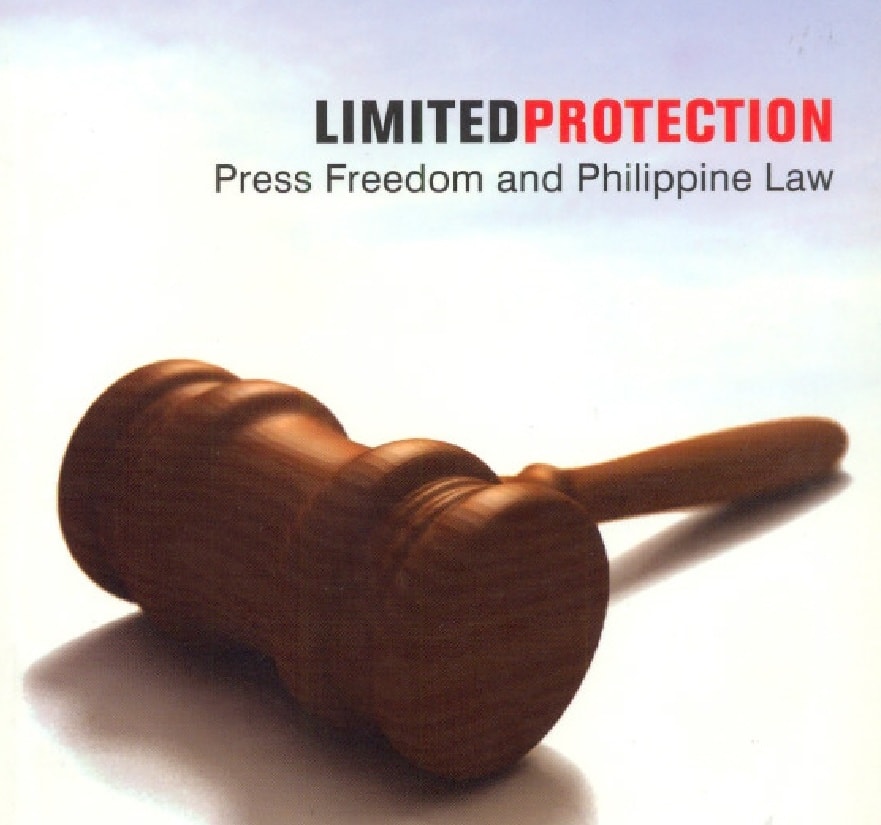
Renewed calls for decriminalisation of libel as Filipino media muzzled
The Philippines’ libel law has made the media’s monitoring role and assisting the public through accurate information in the task of exacting official accountability, more difficult than it already is.

Controversial media bill sparks strong reactions in Burma
Members of Burma’s Press Council have threatened to resign if amendments are not made to the Printing and Publishing Enterprise Law which was recently approved by the Lower House of Parliament.
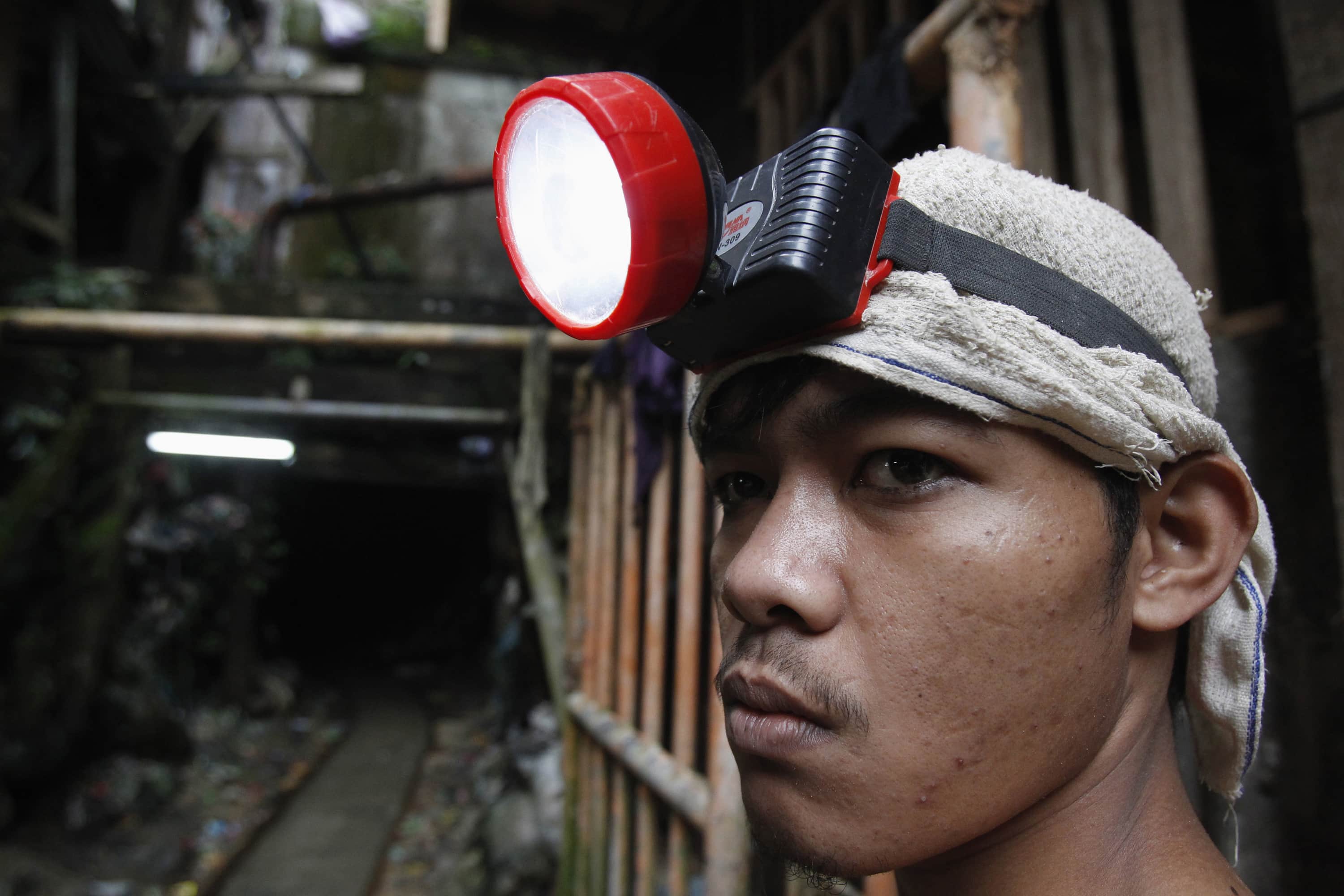
Interactive: The price of environmental activism in the Philippines
See how government-complicit free expression violations remain a harsh reality facing environmental rights activists in the Philippines, especially around the area of mining.

Interactive: The price of environmental activism in the Philippines
See how government-complicit free expression violations remain a harsh reality facing environmental rights activists in the Philippines, especially around the area of mining.

Why the death tallies differ
The decisions IFEX members make and the challenges they face when documenting journalists’ fatalities.
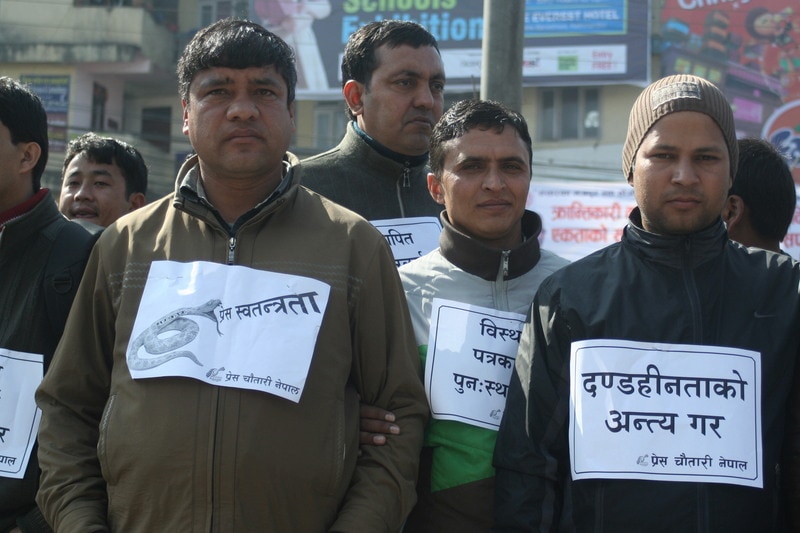
Charges laid in 2004 murder of Nepalese journalist; media safety concerns persist
Since the arrest of five accused in the 2004 murder of journalist Dekendra Thapa, the Nepalese media has come under attack from supporters of the ruling Maoist party for covering the investigation and protesting the alleged government interference.
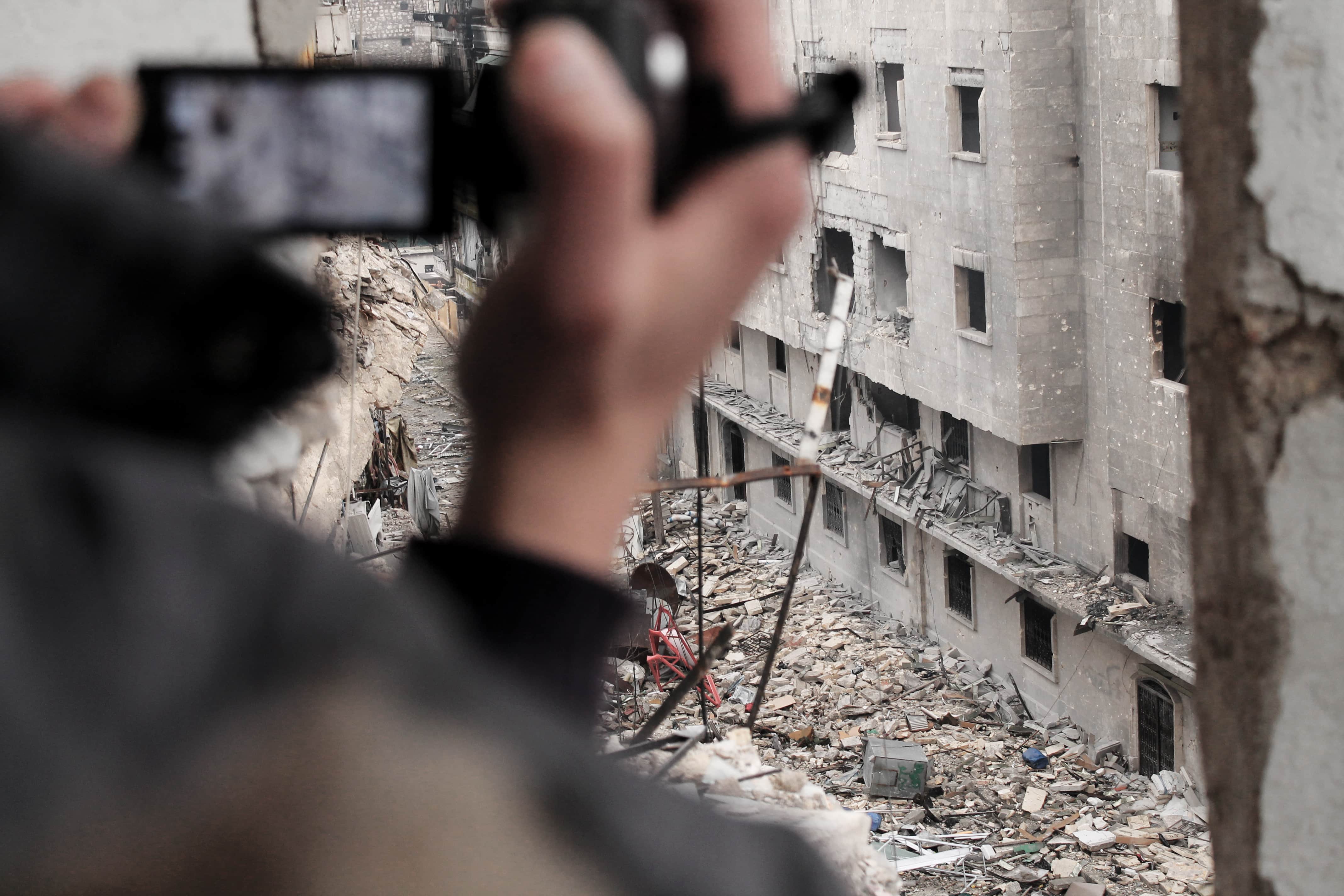
Syria’s war behind one of deadliest years worldwide for journalists
The war in Syria, instability in Somalia and Taliban violence in Pakistan were the main contributing factors to the high number of journalists killed in the line of duty in 2012, IFEX members report.